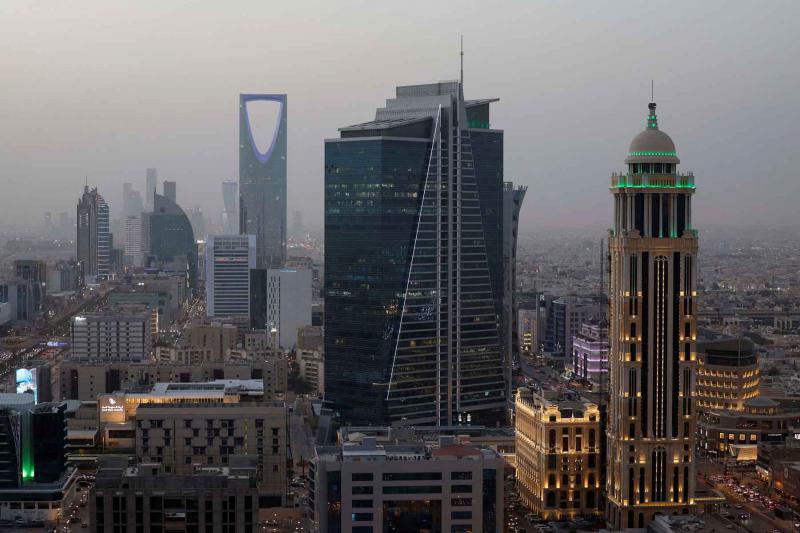The Gulf states on high alert following US strikes on Iran’s nuclear sites marks a new and tense phase in an already volatile region. Nations across the Gulf have swiftly taken precautions, tightening security, convening emergency meetings, and scrambling to understand the consequences of this dramatic escalation.
Why Gulf states are on high alert
The Gulf countries, including Saudi Arabia, the United Arab Emirates, Qatar, Kuwait, Oman, Bahrain, and others, share not only borders and strategic waterways but also fragile political dynamics. When a major actor like the United States launches attacks in neighboring Iran, even limited strikes can have broad regional consequences.
These states are:
- Worried about spillover effects such as retaliation, missile strikes, or proxy attacks
- Sensitive to disruptions in critical shipping lanes like the Strait of Hormuz
- Aware of energy market turmoil, given that many are major oil exporters
Immediate regional response
Right after reports broke of US action at Iran’s Fordow and Natanz nuclear facilities, Gulf capitals responded with urgency.
- Emergency meetings were held by foreign ministers and national security councils
- Naval and air forces raised their alert levels
- Governments released public statements calling for calm while reinforcing vigilance
In many nations, the public felt the tension. Schools were issued warnings, and residents noticed increased military vehicles and personnel in public spaces. The phrase Gulf states on high alert quickly became a headline across media outlets.

Why focus on Gulf states’ reactions matters
Strategic location
The Gulf region includes the Strait of Hormuz, a narrow waterway through which about one-fifth of the world’s oil passes. Any instability here immediately reverberates across the globe.
Economic impact
- Oil prices surged as markets responded to the uncertainty
- Shipping companies considered rerouting or delaying voyages
- Investors worried about the long-term impact on regional and global stability
Diplomatic balancing
Gulf countries often try to balance relations carefully. Some maintain cooperative ties with Iran, while all rely heavily on the security umbrella and economic links provided by the United States. This creates a difficult balancing act. They cannot appear overly partisan in favor of one side, but they also cannot afford to be seen as vulnerable.
What each Gulf state did
Here is how some of the key Gulf players responded:
Saudi Arabia: Heightened air defense readiness, held an emergency cabinet session, and reassured the public.
United Arab Emirates: Coordinated with businesses, issued security advisories at ports, and evacuated limited expatriates from sensitive areas.
Qatar: Issued advisories on airspace safety and hosted diplomatic calls urging restraint.
Bahrain: Strengthened naval base security and engaged in Gulf Cooperation Council coordination talks.
Kuwait and Oman: Increased surveillance, monitored borders, and activated emergency response teams.
Each country acted differently, but the shared reality was clear: the Gulf states on high alert reflected a collective sense of regional danger.
Global ripple effects
The strikes did not just affect the Gulf.
- Oil markets experienced sharp spikes, unsettling global trade
- Western governments, particularly in Europe and Asia, called for de-escalation
- The United Nations urged both restraint and backchannel diplomacy to reduce tensions
International headlines featured the phrase Gulf states on high alert to emphasize how the crisis extended beyond the region.
Could this escalate further
Several scenarios remain possible in the coming days and weeks.
- Iranian retaliation, either through direct strikes or via regional proxy groups
- Tightening of Gulf defense partnerships, with the possibility of more US forces repositioned in the region
- Further volatility in global oil supplies, leading to inflationary pressures worldwide
- Diplomatic shifts, as Gulf states seek neutral ground to ease tensions and protect their interests
These scenarios show why the situation remains unpredictable and why leaders across the region remain cautious.
What the public should know
For those living in the Gulf or monitoring events closely, a few key points are worth keeping in mind:
- Rely on official government channels for verified updates
- Expect delays or increased checks in maritime and air corridors
- Heightened military activity is both a precaution and a protective measure
- Diplomacy remains ongoing, as most leaders prefer a negotiated path to stability
Conclusion
The phrase Gulf states on high alert captures the essence of the moment. The US strike on Iran’s nuclear facilities has triggered more than just military concern; it has set off waves of uncertainty across politics, economics, and society in the Gulf and beyond.
The region is now balancing between vigilance and diplomacy. For ordinary residents, calm and awareness remain essential. For global markets and governments, the responses of Gulf states will continue to play a crucial role in shaping what happens next.
Read More: Gulf Nations Lifestyle-Focused Cities to Launch by 2030



